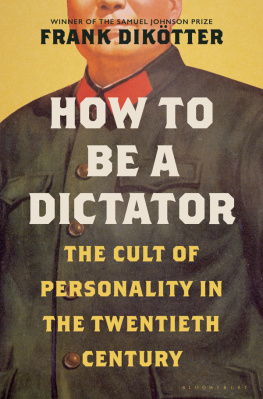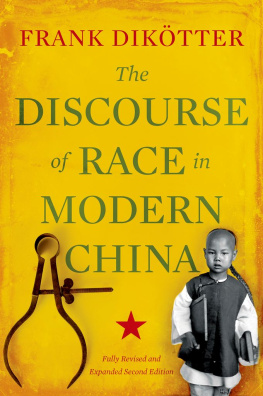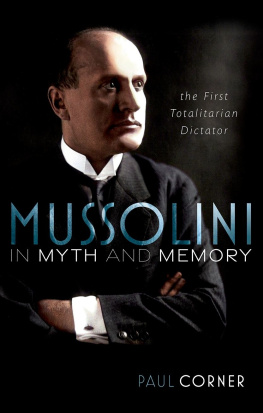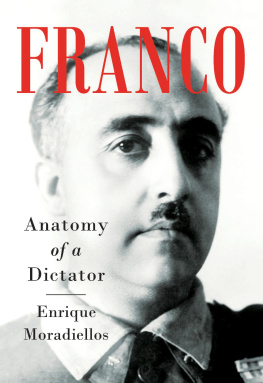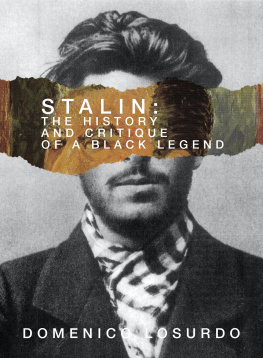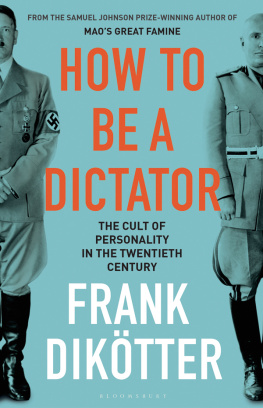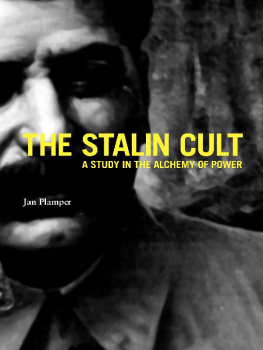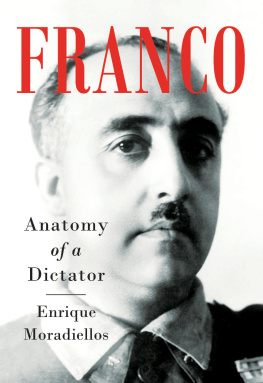
HOW TO BE
A DICTATOR
BLOOMSBURY PUBLISHING
Bloomsbury Publishing Inc.
1385 Broadway, New York, NY 10018, USA
BLOOMSBURY, BLOOMSBURY PUBLISHING, and the Diana logo are trademarks of
Bloomsbury Publishing Plc
First published in 2019 in Great Britain
First published in the United States 2019
Copyright Frank Diktter, 2019
W. M. Thackeray illustration History and Art Collection, Alamy Stock Photo
For legal purposes the constitute an extension of this copyright page.
All rights reserved. No part of this publication may be reproduced or transmitted in any form or by any means, electronic or mechanical, including photocopying, recording, or any information storage or retrieval system, without prior permission in writing from the publishers.
Bloomsbury Publishing Plc does not have any control over, or responsibility for, any third-party websites referred to or in this book. All internet addresses given in this book were correct at the time of going to press. The author and publisher regret any inconvenience caused if addresses have changed or sites have ceased to exist, but can accept no responsibility for any such changes.
ISBN: HB: 978-1-63557-379-4; EBOOK: 978-1-63557-380-0
Library of Congress Cataloging-in-Publication Data is available
To find out more about our authors and books visit www.bloomsbury.com and sign up for our newsletters.
Bloomsbury books may be purchased for business or promotional use. For information on bulk purchases please contact Macmillan Corporate and Premium Sales Department at .
ALSO BY FRANK DIKTTER
The Discourse of Race in Modern China
Sex, Culture and Modernity in China
Imperfect Conceptions: Eugenics in China
Crime, Punishment and the Prison in Modern China
Narcotic Culture: A History of Drugs in China
Exotic Commodities: Modern Objects and Everyday Life in China
The Age of Openness: China before Mao
Maos Great Famine
The Tragedy of Liberation
The Cultural Revolution
Contents
So that in the first place I put for a general inclination of all mankind a perpetual and restless desire of power after power that ceases only in death. The cause of this is not always that a man hopes for a more intensive delight than he has already attained or that he cannot be content with moderate power, but because he cannot assure the power and means to live well which he has present without the acquisition of more.
THOMAS HOBBES,
The Essential Leviathan: A Modernised Edition
Is it better to be loved rather than feared, or vice versa? The answer is that one would prefer to be both but, since they dont go together easily, if you have to choose, its much safer to be feared than loved Men are less worried about letting down someone who has made himself loved than someone who makes himself feared. Love binds when someone recognises he should be grateful to you, but, since men are a sad lot, gratitude is forgotten the moment its inconvenient. Fear means fear of punishment, and thats something people never forget.
NICCOLO MACHIAVELLI,
The Prince , a modern translation by Tim Parks
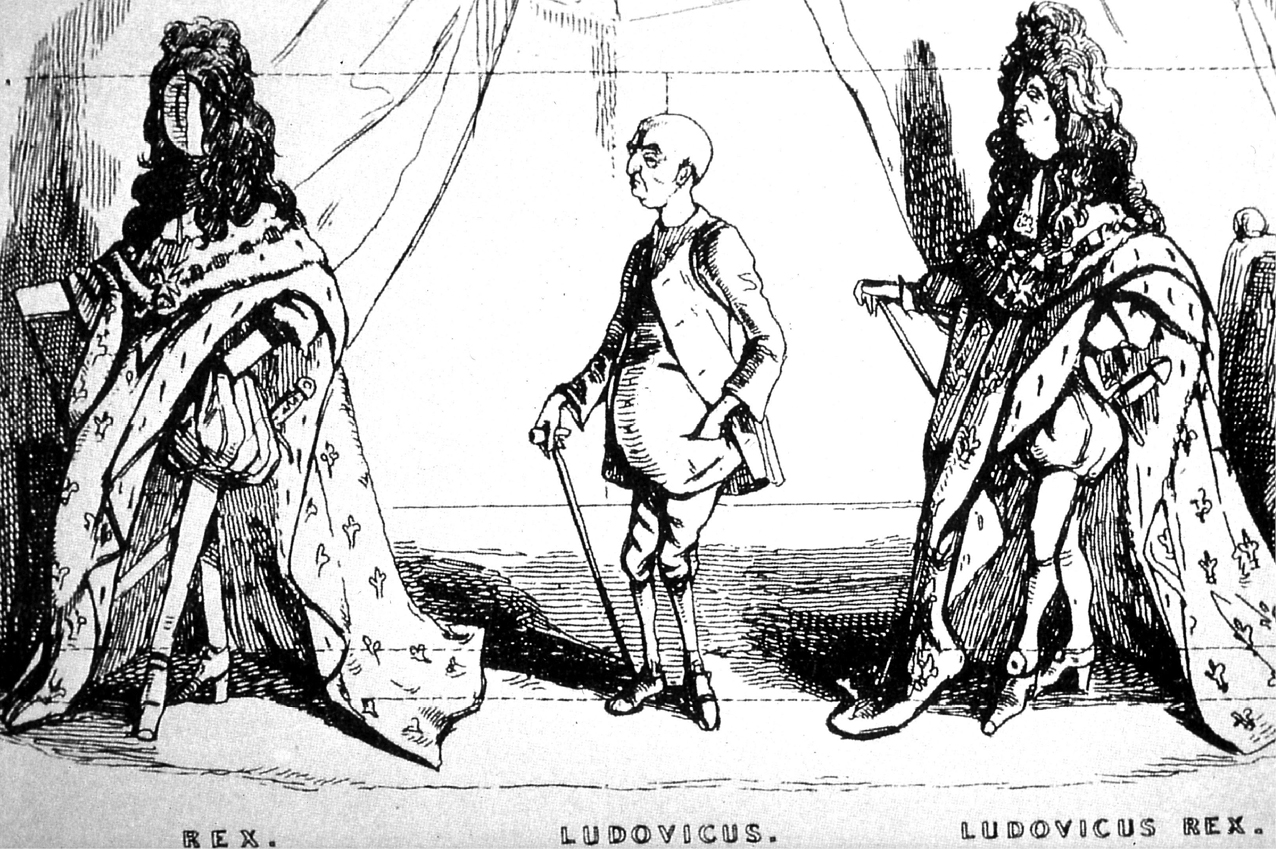
W.M. Thackeray, The Paris Sketch Book, London: Collins Clear-Type Press, 1840.
In 1840 the satirical novelist William Makepeace Thackeray, famous for lampooning the high and mighty, published a caricature of Louis
Ltat, cest moi, the seventeenth-century king allegedly pronounced: I am the state. As Louis saw it, he was answerable to God alone. He was an absolute monarch, who for more than seventy years used his autocratic power to weaken the nobility, centralise the state and expand his country by force of arms. He also projected himself as an infallible Sun King around whom everything revolved. He made sure he was glorified by all, with medals, paintings, busts, statues
Louis XIV was a master of political theatre, but all politicians, to some extent, rely on image. Louis XVI, a descendant of the Sun King, was sent to the guillotine after the 1789 revolution, and the notion of divine right was buried with him. The revolutionaries held that sovereign rights were vested in the people, not in God. In the democracies that gradually emerged over the next two centuries, leaders understood that they had to appeal to voters, who could remove them at the ballot box.
There were, of course, other ways of achieving power, besides elections. One could organise a coup, or rig the system. In 1917 Lenin and the Bolsheviks stormed the Winter Palace, proclaiming a new government. Later they referred to their coup as a revolution inspired by 1789. A few years later, in 1922, Mussolini marched on Rome, forcing parliament to hand over power. Yet as they and other dictators found out, naked power has an expiry date. Power seized through violence must be maintained by violence, although violence can be a blunt instrument. A dictator must rely on military forces, a secret police, a praetorian guard, spies, informants, interrogators, torturers. But it is best to pretend that coercion is actually consent. A dictator must instil fear in his people, but if he can compel them to acclaim him he will probably survive longer. The paradox of the modern dictator, in short, is that he must create the illusion of popular support.
Throughout the twentieth century hundreds of millions of people cheered their own dictators, even as they were herded down the road to serfdom. Across large swathes of the planet, the face of a dictator appeared on hoardings and buildings, with portraits in every school, office and factory. Ordinary people had to bow to his likeness, pass by his statue, recite his work, praise his name, extol his genius. Modern technologies, from radio and television to the industrial production of posters, badges and busts, made dictators ubiquitous to an extent that would have been unimaginable in the time of Louis XIV. Even in relatively small countries like Haiti, thousands were regularly obliged to hail their leader, marching in front of the presidential palace, dwarfing the festivities organised at Versailles.
In 1956 Nikita
When Louis XIV was still a minor, France was rocked by a series of rebellions, as aristocrats attempted to limit the power of the crown. They failed, but left a deep impression on the young king, who developed a lifelong fear of rebellion. He moved the centre of power from Paris to Versailles, and obliged the nobles to spend time at court, where he could observe them as they were made to win royal favour.
Dictators, likewise, were afraid of their own people, but even more fearful of their entourage at court. They were weak. Had they been strong, they would have been elected by majority. Instead, they decided to take a shortcut, often over the bodies of their opponents. But if they could seize power, others could too, raising the prospect of a stab in the back. There were rivals, often just as ruthless. Mussolini was merely one of several established fascist leaders and had faced a rebellion within the ranks before he marched on Rome in 1922. Stalin paled in comparison to Trotsky. Mao was repeatedly stripped of his positions by more powerful rivals in the 1930s. Kim Il-sung was imposed on an unwilling population by the Soviet Union in 1945, and was surrounded by communist leaders with a far more distinguished pedigree of underground work.
Next page
